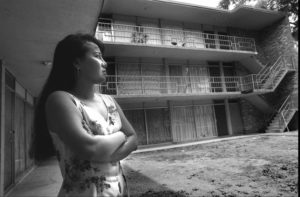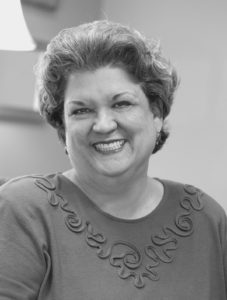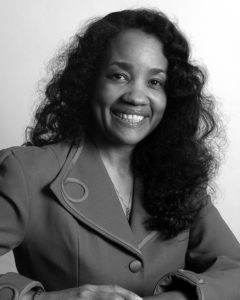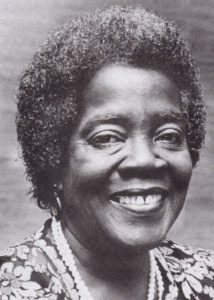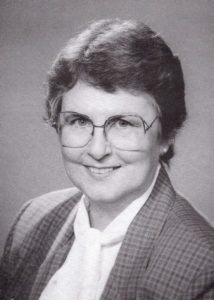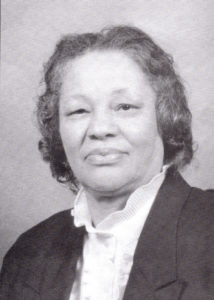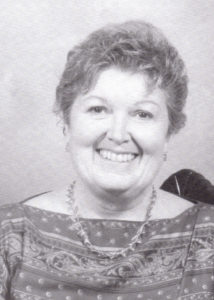Women of Achievement
1999
INITIATIVE
for a woman who seized the
opportunity to use her talents and created her own future:
Tina L. Birchett
With an entrepreneurial spirit and a commitment to promote diversity in marketing, Tina Birchett launched her own consulting firm in 1994. Now president of Birchett & Associates, Tina has more than 14 years of experience in advertising, marketing, research and promotions.
Tina, a native of Memphis, earned a bachelor’s degree in marketing from Memphis State University in 1982. She worked in marketing and advertising for WLMT, WDIA, WHRK and Holiday Inn Hotels and Resorts.
Since 1994, she has overcome many obstacles and has set the pace for empowering women in Memphis. As a result of her desire to uplift, enlighten and inform women of color, she produces the Annual Sisterhood Outreach Summit and Showcase, which attracts more than 25,000 women across the Mid-South. This yearly event, which hosts internationally known speakers, promotes unity among women, replenishes their spirituality, and enhances leadership and career development and much more.
As an extension of her commitment to empower women, she is also the founder and publisher of a quarterly magazine, Grace. This magazine’s mission is to be a positive voice for Memphis women of color and to build empowerment through knowledge.
She has been honored among Prominent Black Women by Epsilon Chapter of Alpha Kappa Alpha Sorority, Outstanding Community Service by Beta Epsilon Omega Chapter of AKA and Life Changing Award from Grace Missionary Baptist Church. She is also a 1999 class member of Leadership Memphis.
Tina Birchett is a tireless advocate of women entrepreneurs.


